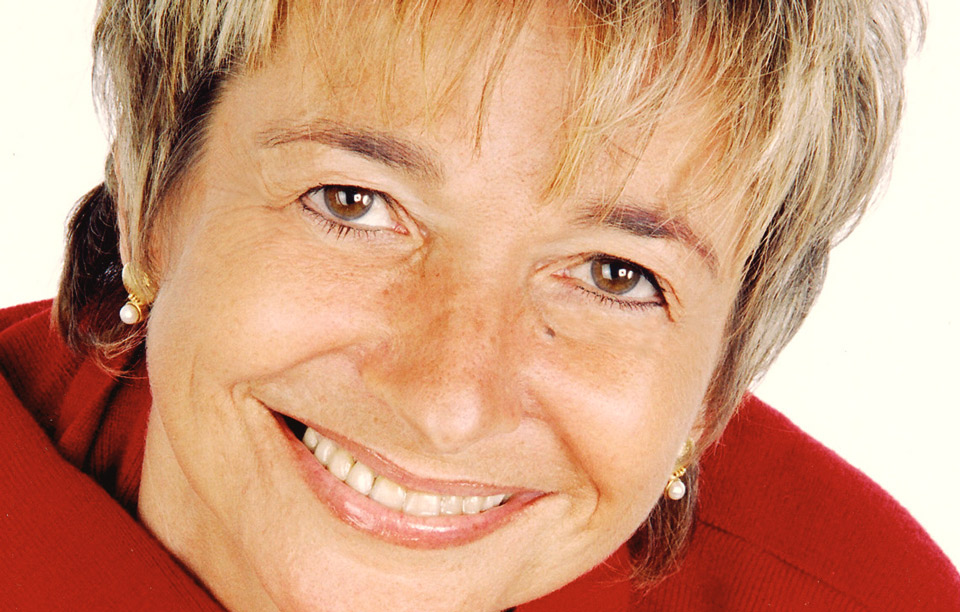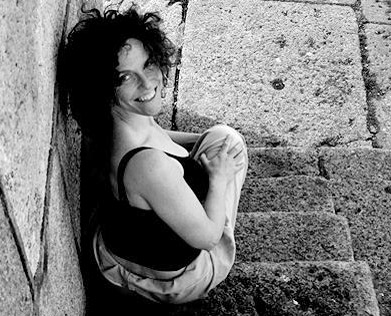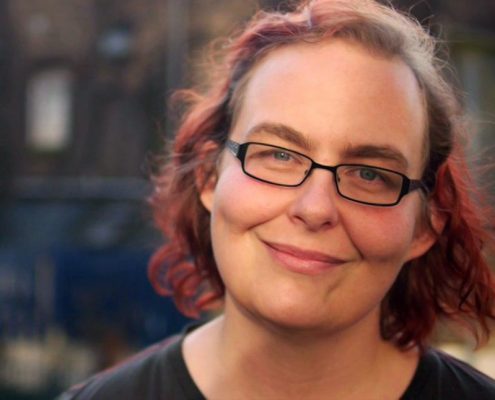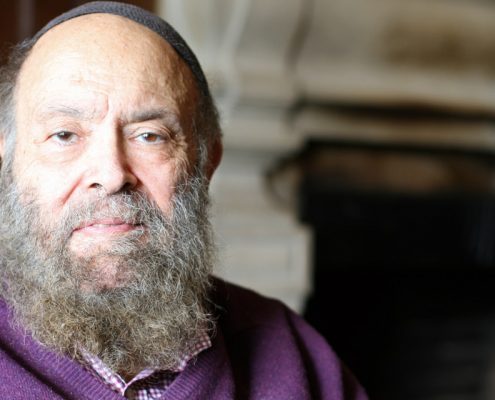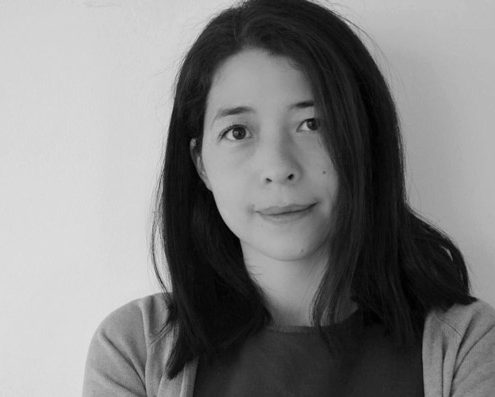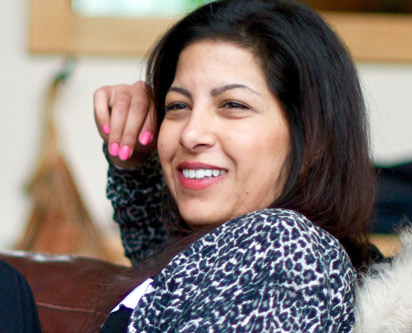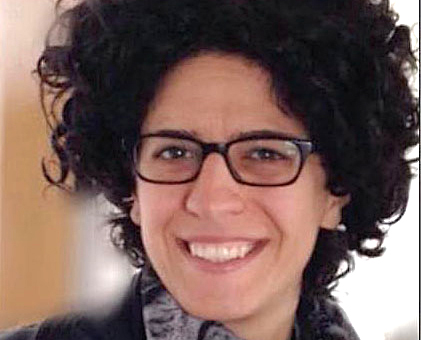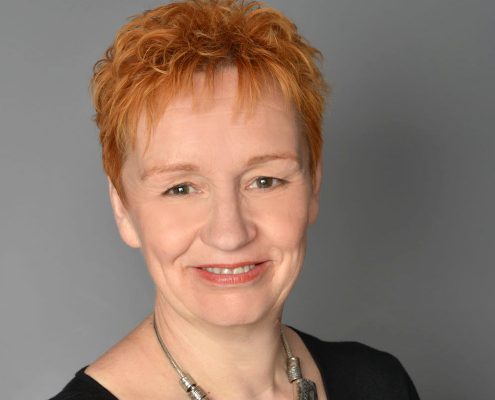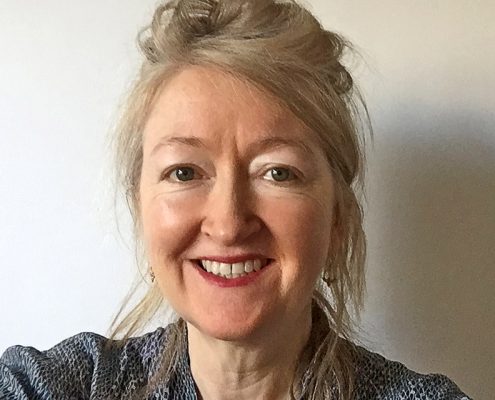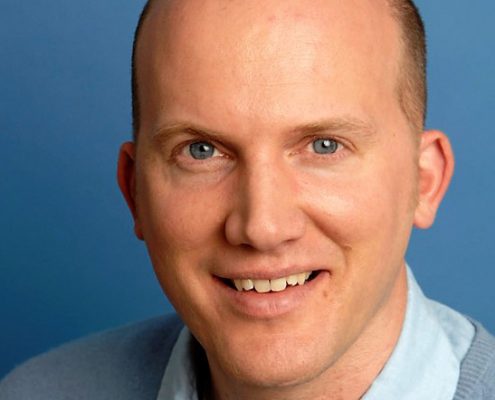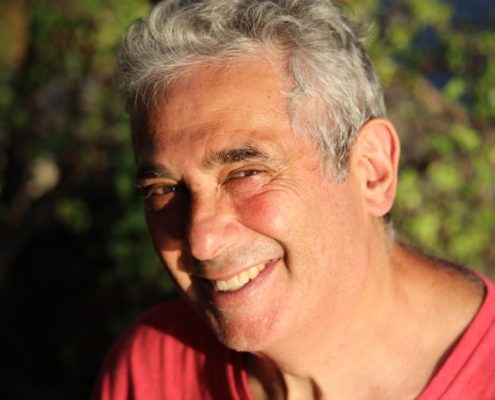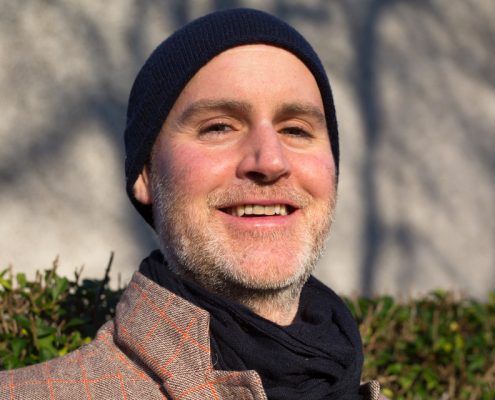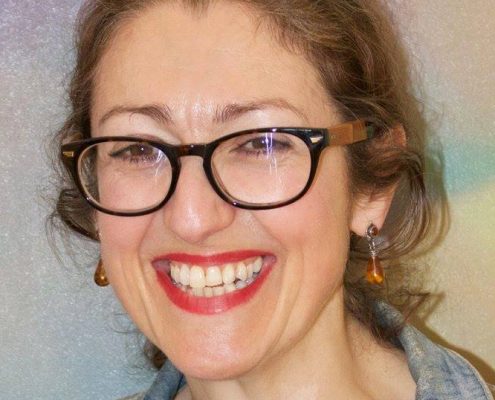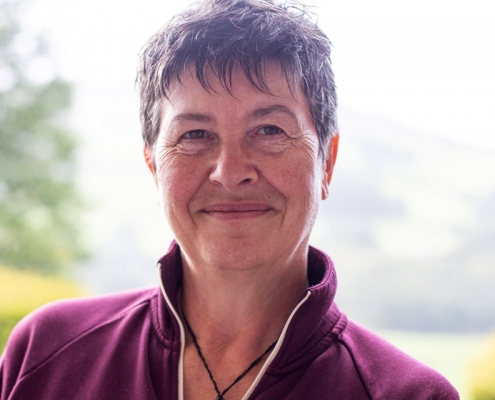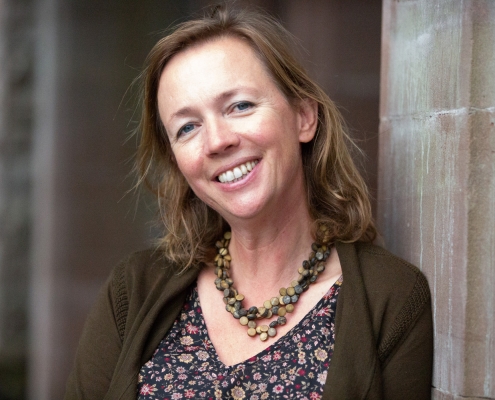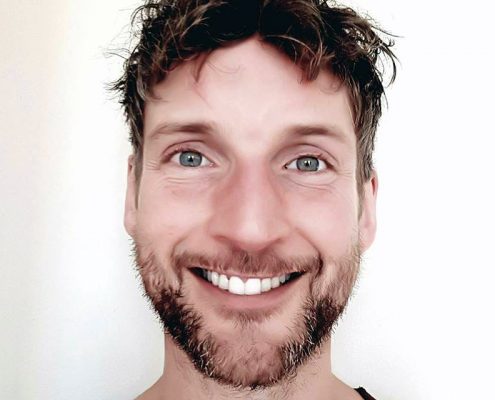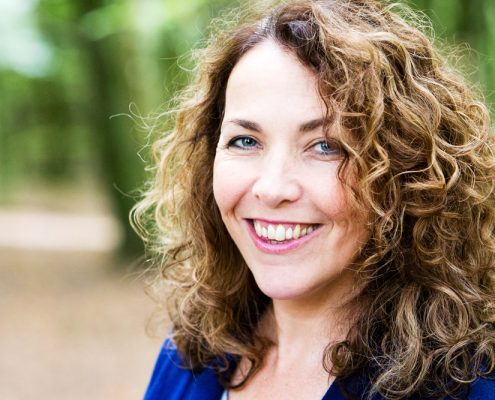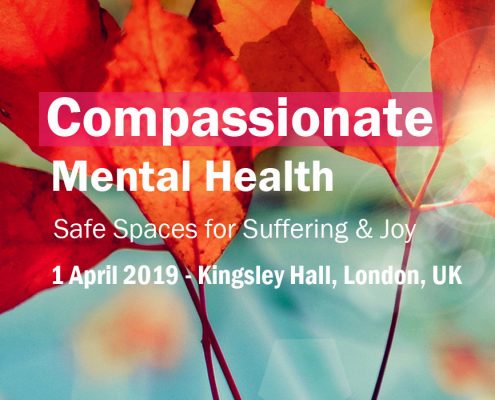Dr Dina Glouberman is a psychologist, psychotherapist, writer and Co-Founder/Director of Skyros Holistic Holidays, which has pioneered community-oriented holistic health holidays worldwide. Dina’s latest book recounts her journey through madness, hospitalisation and recovery and how it has shaped and enriched her life and work.
Areas of interest
- Community
- Burnout
- New Beginnings
Dr Dina Glouberman is a psychologist, psychotherapist and writer, and also Co-Founder/Director of Skyros Holistic Holidays, which has pioneered community-oriented holistic health holidays since 1979. She has played a major role in the contemporary holistic and therapeutic world, and is widely known for her much translated books Life Choices, Life Changes, The Joy of Burnout and You Are What You Imagine.
Dina is the creator of Imagework, an imagery-based approach to counselling, therapy and self-help, President of the International Imagework Association, as well as a specialist in burnout. Formerly Lecturer at Kingston University, Dina is now an international trainer, coach, keynote speaker, and psychotherapist, and a member of the Board of Directors of the Association of Humanistic Psychology (Britain).
Dina has recently started to write about her experiences in the early 70’s of madness, hospitalisation and recovery, and it is the subject of her forthcoming book: Into the Woods and Out Again (Karnac). She describes this period of her life as one of her most “enlivening and enlightening periods, and a catalyst for her rich and creative life.”
Dina was a practicing psychologist and psychotherapist and a student of RD Laing when she was hospitalised for eight weeks during a period of psychosis.
She says:
“I went into the hospital kicking and biting the doctors, believing that they represented the FBI, and soon after nearly threw myself off the roof of the building. In my tiny room on the ward, I inhabited a world where nothing could be taken for granted and nothing was impossible, where there was a slipping boundary between the “real” world of the ward and the worlds of the books I was reading.”
“Over the weeks I found, mainly through the touching community created by the other patients, the womb of recovery from madness. By the time I left, I’d not only discovered a new form of sanity, but also begun to understand how to honour the world of madness, and how to accompany others into inner and often unconscious dimensions that are little understood and seldom respected.”


